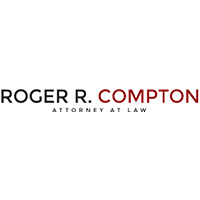 Tar Heel Bankruptcy & Debt Lawyers, North Carolina
Tar Heel Bankruptcy & Debt Lawyers, North Carolina
Sponsored Law Firm
-
 x
x

Click For More Info:
-
Oliver & Cheek, PLLC
405 Middle Street New Bern, NC 28560» view mapBankruptcy & Debt Law Your Business Partner
Oliver & Cheek, PLLC is a full service business firm providing a wide range of legal services to clients in North Carolina.
252-633-1930
Sponsored Lawyers
1-8 of 8 matches
Bankruptcy & Debt, Family Law, Divorce, Traffic
At the North Carolina law firm of Roger R. Compton, Attorney At Law, our attorneys provide experienced and dedicated representation. From initial consultations to trial, we aggressively support our clients' best interests and constantly strive to be the best advocate for our clients. Whether our clients need assistance with family law matters, filing for bankruptcy, applying for Social Security benefits or fighting a traffic violation, our attorneys are dedicated to serving their needs.
(more)


 George Oliver New Bern, NC
George Oliver New Bern, NC AboutOliver & Cheek, PLLC
AboutOliver & Cheek, PLLC Practice AreasExpertise
Practice AreasExpertise

